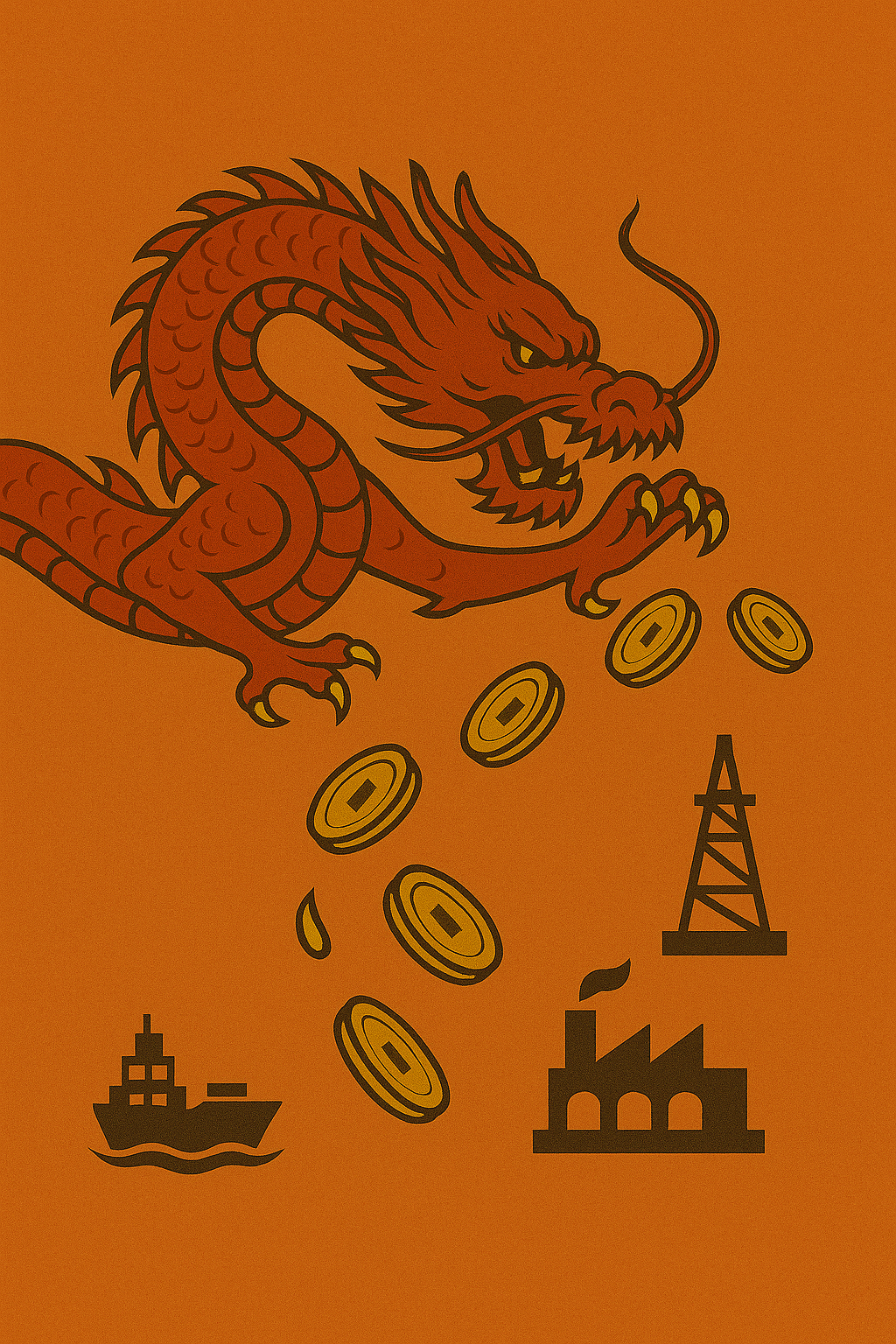The People’s Republic of China (PRC) has been trying to promote Yunnan as a gateway to both South and Southeast Asia for nearly two decades now, in order to bring in much needed investment for developing its south-western hinterland, covering more than 60 percent of its total landmass. With an area of 394,000 square kilometres, Yunnan shares 4.1 percent of the PRC’s landmass and is its eighth largest province.

The Sino-Indian Border Talks and its Implications for Bilateral Relations
A passage or a corridor is that geographical entity which represents a connection between two or more places. In international relations, a corridor becomes significant not merely because of the places it links but also because of the relative location where it is situated. Hence corridors demand and deserve a lot more attention than just those places that it attempts to unite. However, very often instead of focussing on the significance of the corridor, value is given to those two or more regions which are linked with the help of the former.

China Gifts Pakistan Mega Nuclear Power Plants
More than half-a-century ago, in 1959, the 14th Dalai Lama fled Tibet to take refuge in India after the Chinese invasion of Tibet. Prior to the signing of the Agreement on Trade between Tibet Autonomous Region and India in 1954, India had acknowledged Tibet’s de facto independence’. However, subsequently, India modified its position on Tibet by recognising Chinese suzerainty over Tibet.

‘Opening Up’ Yunnan: What are the Chinese Objectives?
Holistic Approach and ‘Enduring International Rivalry’

The Siliguri Corridor: The Insecurity Within
Problematizing the Individualistic Approach

India’s Vulnerabilities vis-a-vis Tibet and China
Allegations of Aggression: The Blame-Game between India and China

Sino-Indian Border Dispute: The Impossible Settlement, and Need of a New Framework – Part 4 of 4
History is a contested space for political narrations, and no single country can lay undisputed claim over the narratives of past happenings. Sino-Indian border dispute falls under a similar realm of contested history. Despite sixteen rounds of talks between India and China on the ‘contentious boundary issue’, both countries have till date failed to come to agreeing terms on the issue of resolving border dispute.

Sino-Indian Border Dispute: The Impossible Settlement, and Need of a New Framework – Part 3 of 4
No First Use (NFU) and punitive retaliation have been core components of India’s deterrence based Nuclear Doctrine. As much as this is an a priori concept, the fact that New Delhi has never been embroiled in an all out nuclear war with either Pakistan or China, is testimony enough of its credibility. After all, it is argued that the only utility of nuclear weapons is to prevent a nuclear war in the first place.

Sino-Indian Border Dispute: The Impossible Settlement, and Need of a New Framework – Part 2 of 4
Space has fascinated human’s imagination for long. Since the launch of the first artificial satellite Sputnik,in 1957 by the erstwhile USSR, significant progress towards developing technologies for conducting multiple activities in space has taken place. Presently, human beings are trying to reach new heights up into the outer space and are found attempting to reveal the mysteries of the universe.Various countries in the world are investing in space programmes to explore multiple scientific, technological, industrial and security benefits.

Sino-Indian Border Dispute: The Impossible Settlement, and Need of a New Framework – Part 1 of 4
'Tsu-NaMo' has become the new word to describe Narendra Modi's spectacular victory in the recently concluded Lok Sabha elections in which he, as the Prime Ministerial candidate, guided his party, the centre – right Bharatiya Janata Party, to a clear majority. After winning 282 seats in the 543-seat lower house of the Parliament, Modi-led BJP will certainly have more elbowroom in driving India’s foreign policy.








